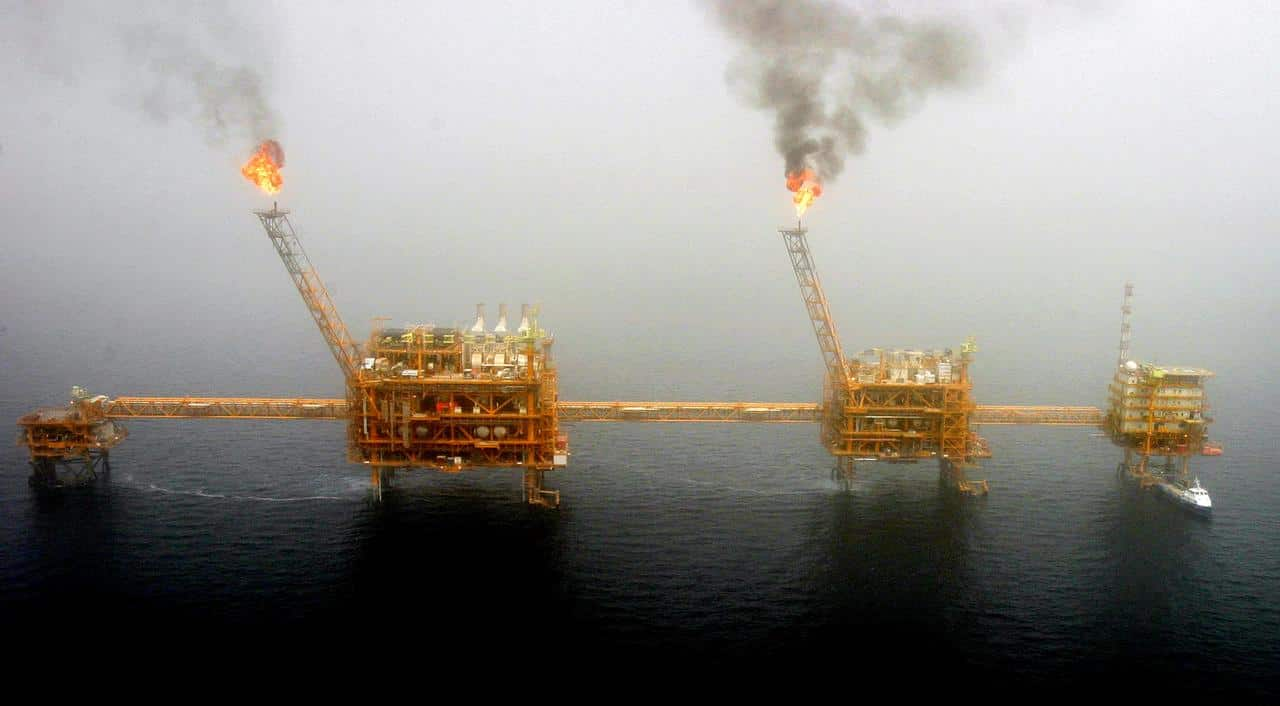Impact of Israel’s Missile Strikes on Iran on Oil Prices
Oil prices surged by over four per cent following Israel’s missile strikes on Iran, escalating tensions in West Asia.
Key Points:
- Brent crude, the global benchmark, reached $90.54 per barrel.
- US West Texas Intermediate (WTI) crude futures rose by 4.06 per cent to $86.09.
- Fears of a wider conflict affecting global oil supply intensified.
- Analysts warn of prices potentially exceeding $100 or even $130 if the Strait of Hormuz is blocked.
- The strait accounts for a significant portion of the world’s oil trade.
- Oil prices have increased by approximately 25 per cent since the Hamas attack on Israeli civilians on October 7.
The risk premium had been decreasing with hopes of avoiding a broader conflict, but Israel’s recent actions have reignited concerns among investors about oil prices and their impact on the global economy.
Future Implications:
- India, heavily reliant on oil imports, faces challenges due to existing production cuts by OPEC+.
- All eyes are on the upcoming OPEC+ meeting in June, where decisions on production cuts will be crucial.
- While high oil prices may benefit oil-rich countries like Saudi Arabia in the short term, the US could leverage its oil production capacity to stabilize prices in the long run.
Overall, elevated oil prices are expected to have a ripple effect on commodity prices worldwide and influence the trajectory of interest rate adjustments.
















































